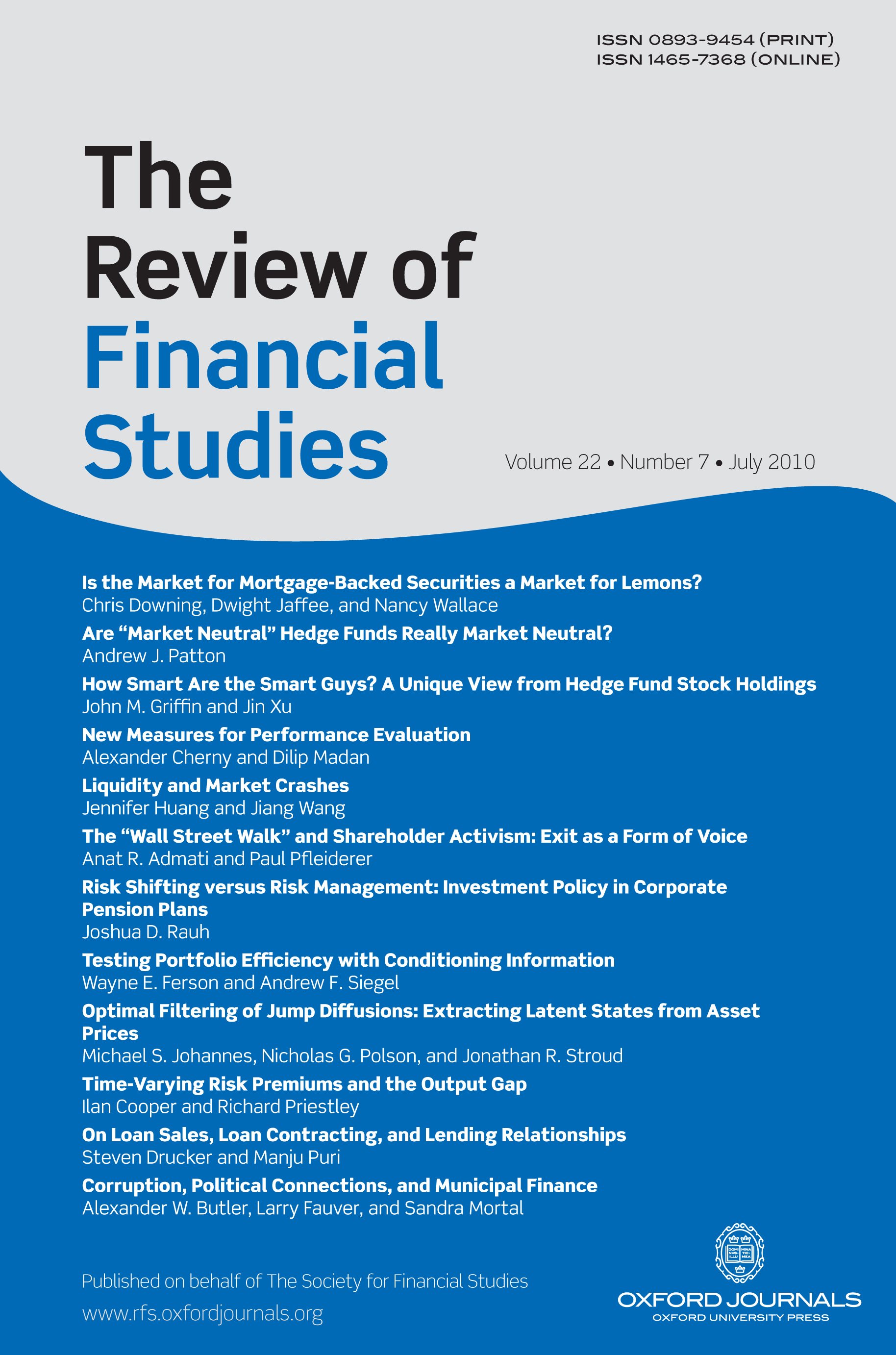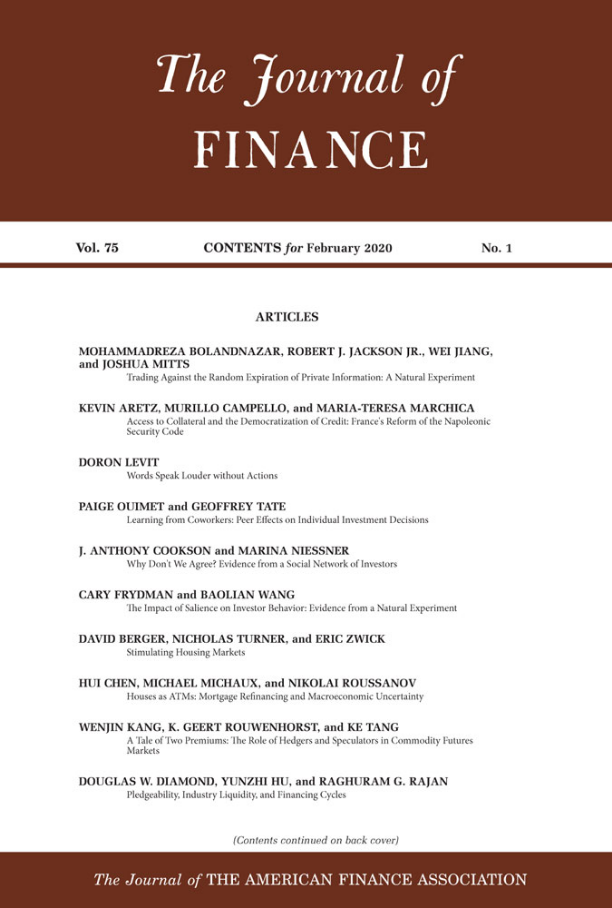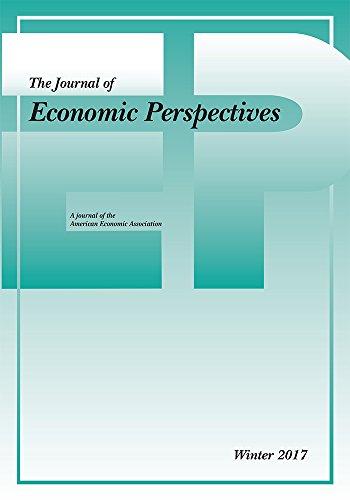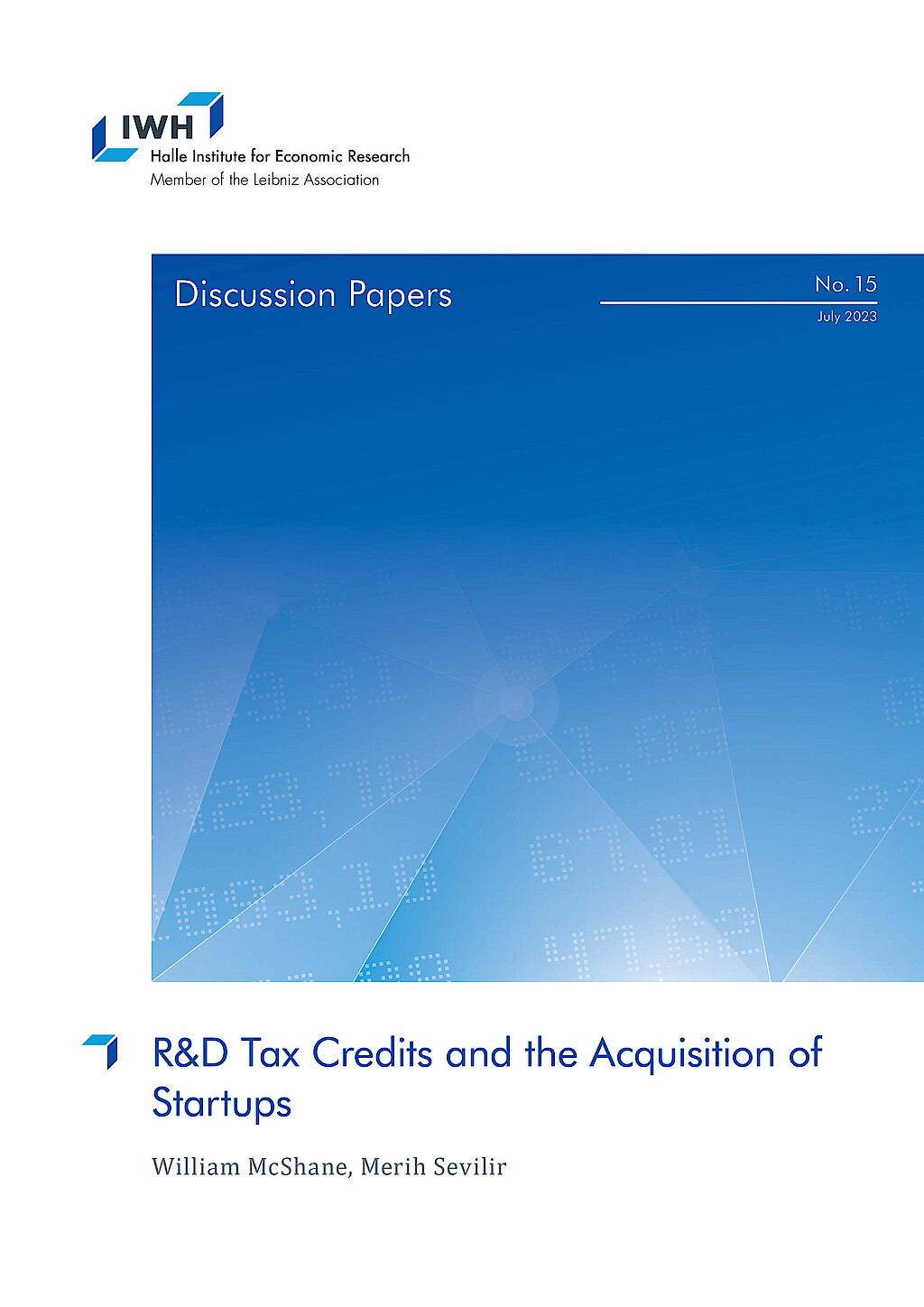Public Capital Markets and Startup Creation
High Growth - High Impact Startups is a research group that studies how high-growth startups emerge and evolve to tackle society’s most urgent challenges and enhance human well-being. The group focuses particularly on two sectors: Femtech—startups founded by women to advance women's health and well-being—and Deeptech—science-driven startups rooted in cutting-edge academic research.
Leveraging large-scale data on venture capital–backed startups, our research explores:
1. The educational, immigration, and professional backgrounds of startup founders;
2. The scale-up phase, when startups access public capital markets;
3. The transition of startups into mature firms that seed the next generation of high-growth ventures.
By examining the full startup life cycle, we illuminate the critical role these firms play in driving innovation, advancing technology, and improving the quality of life for individuals and communities.
Research Cluster
Economic Dynamics and StabilityYour contact

- Department Laws, Regulations and Factor Markets
Refereed Publications

The Operational Consequences of Private Equity Buyouts: Evidence From the Restaurant Industry
in: Review of Financial Studies, No. 9, 2016
Abstract
How do private equity firms affect their portfolio companies? We document operational changes in restaurant chain buyouts using comprehensive health inspection records. Store-level operational practices improve after private equity buyout, as restaurants become cleaner, safer, and better maintained. Supporting a causal interpretation, this effect is stronger in chain-owned stores than in franchised locations—“twin” restaurants over which private equity owners have limited control. These changes are particularly apparent when private equity partners have prior industry experience. The results suggest that by bringing in industry expertise, private equity firms improve firm operations.

The Impact of Venture Capital Monitoring
in: Journal of Finance, No. 4, 2016
Abstract
We show that venture capitalists' (VCs) on-site involvement with their portfolio companies leads to an increase in both innovation and the likelihood of a successful exit. We rule out selection effects by exploiting an exogenous source of variation in VC involvement: the introduction of new airline routes that reduce VCs' travel times to their existing portfolio companies. We confirm the importance of this channel by conducting a large-scale survey of VCs, of whom almost 90% indicate that direct flights increase their interaction with their portfolio companies and management, and help them better understand companies' activities.

Does Going Public Affect Innovation?
in: Journal of Finance, No. 4, 2015
Abstract
This paper investigates the effects of going public on innovation by comparing the innovation activity of firms that go public with firms that withdraw their initial public offering (IPO) filing and remain private. NASDAQ fluctuations during the book-building phase are used as an instrument for IPO completion. Using patent-based metrics, I find that the quality of internal innovation declines following the IPO, and firms experience both an exodus of skilled inventors and a decline in the productivity of the remaining inventors. However, public firms attract new human capital and acquire external innovation. The analysis reveals that going public changes firms' strategies in pursuing innovation.

Venture Capitalists on Boards of Mature Public Firms
in: Review of Financial Studies, No. 1, 2014
Abstract
Venture capitalists (VCs) often serve on the board of mature public firms long after their initial public offering (IPO), even for companies that were not VC-backed at the IPO. Board appointments of VC directors are followed by increases in research and development intensity, innovation output, and greater deal activity with other VC-backed firms. VC director appointments are associated with positive announcement returns and are followed by an improvement in operating performance. Firms experience higher announcement returns from acquisitions of VC-backed targets following the appointment of a VC director to the board. Hence, in addition to providing finance, monitoring and advice for small private firms, VCs play a significant role in mature public firms and have a broader influence in promoting innovation than has been established in the literature.

The Investment Strategies of Sovereign Wealth Funds
in: Journal of Economic Perspectives, No. 2, 2013
Abstract
Sovereign wealth funds have emerged as major investors in corporate and real resources worldwide. After an overview of their magnitude, we consider the institutional arrangements under which many of the sovereign wealth funds operate. We focus on a specific set of agency problems that is of first-order importance for these funds: that is, the direct involvement of political leaders in the management process. We show that sovereign wealth funds with greater involvement of political leaders in fund management are associated with investment strategies that seem to favor short-term economic policy goals in their respective countries at the expense of longer-term maximization of returns. Sovereign wealth funds face several other issues, like how best to cope with demands for transparency, which can allow others to copy their investment strategies, and how to address the problems that arise with sheer size, like the difficulties of scaling up investment strategies that only work with a smaller value of assets under investment. In the conclusion, we discuss how various approaches cultivated by effective institutional investors worldwide -- from investing in the best people to pioneering new asset classes to compartmentalizing investment activities -- may provide clues as to how sovereign wealth funds might address these issues.
Working Papers

Can Nonprofits Save Lives Under Financial Stress? Evidence from the Hospital Industry
in: SSRN Working Paper, No. 4946064, 2024
Abstract
<p>We compare the effects of external financing shocks on patient mortality at nonprofit and for-profit hospitals. Using confidential patient-level data, we find that patient mortality increases to a lesser extent at nonprofit hospitals than at for-profit ones facing exogenous, negative shocks to debt capacity. Such an effect is not driven by patient characteristics or their choices of hospitals. It is concentrated among patients without private insurance and patients with higher-risk diagnoses. Potential economic mechanisms include nonprofit hospitals' having deeper cash reserves and greater ability to maintain spending on medical staff and equipment, even at the expense of lower profitability. Overall, our evidence suggests that nonprofit organizations can better serve social interests during financially challenging times.</p>

R&D Tax Credits and the Acquisition of Startups
in: IWH Discussion Papers, No. 15, 2023
Abstract
We propose a novel mechanism through which established firms contribute to the startup ecosystem: the allocation of R&D tax credits to startups via the M&A channel. We show that when established firms become eligible for R&D tax credits, they increase their R&D and M&A activity. In particular, they acquire more venture capital (VC)-backed startups, but not non-VC-backed firms. Moreover, the impact of R&D tax credits on firms’ R&D is increasing with their acquisition of VC-backed startups. The results suggest that established firms respond to R&D tax credits by acquiring startups rather than solely focusing on increasing their R&D intensity in-house. We also highlight evidence that startups do not appear to benefit from R&D tax credits directly, perhaps because they typically lack the taxable income necessary to directly benefit from the tax credits. In this context, established firms can play an intermediary role by acquiring startups and reallocating R&D tax credits, effectively relaxing the financial constraints faced by startups.














